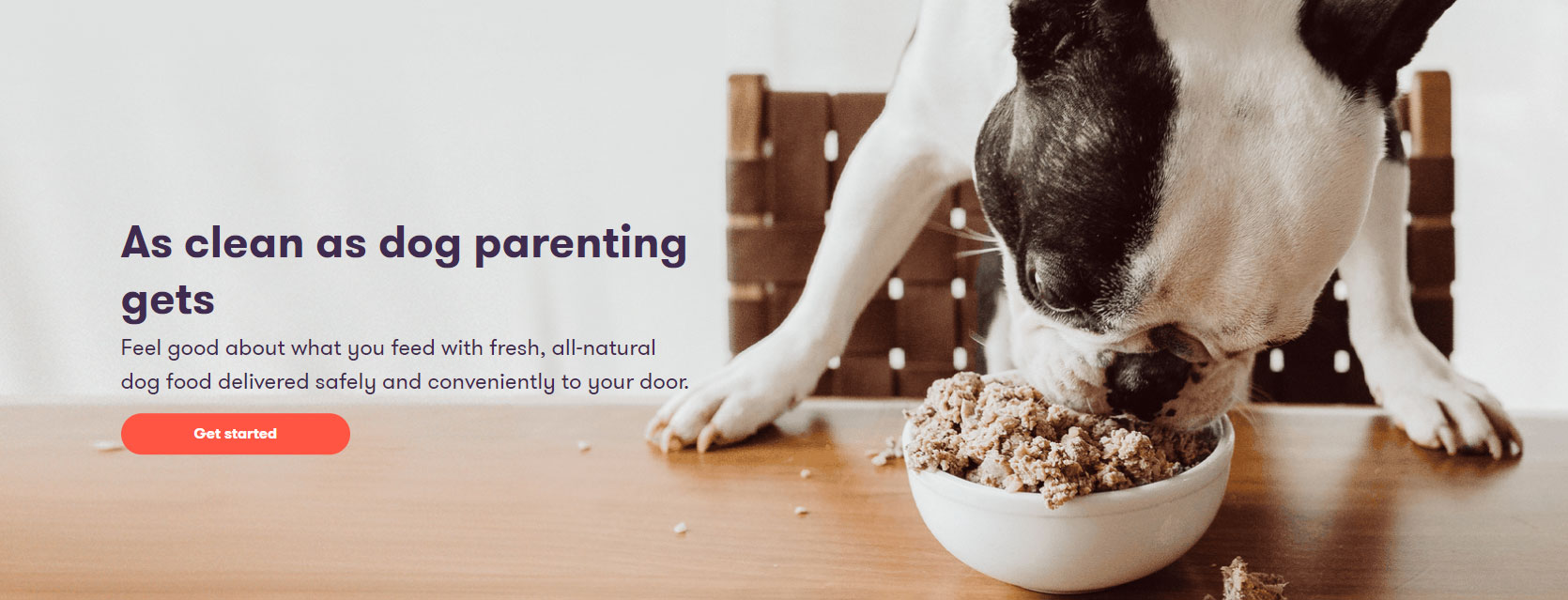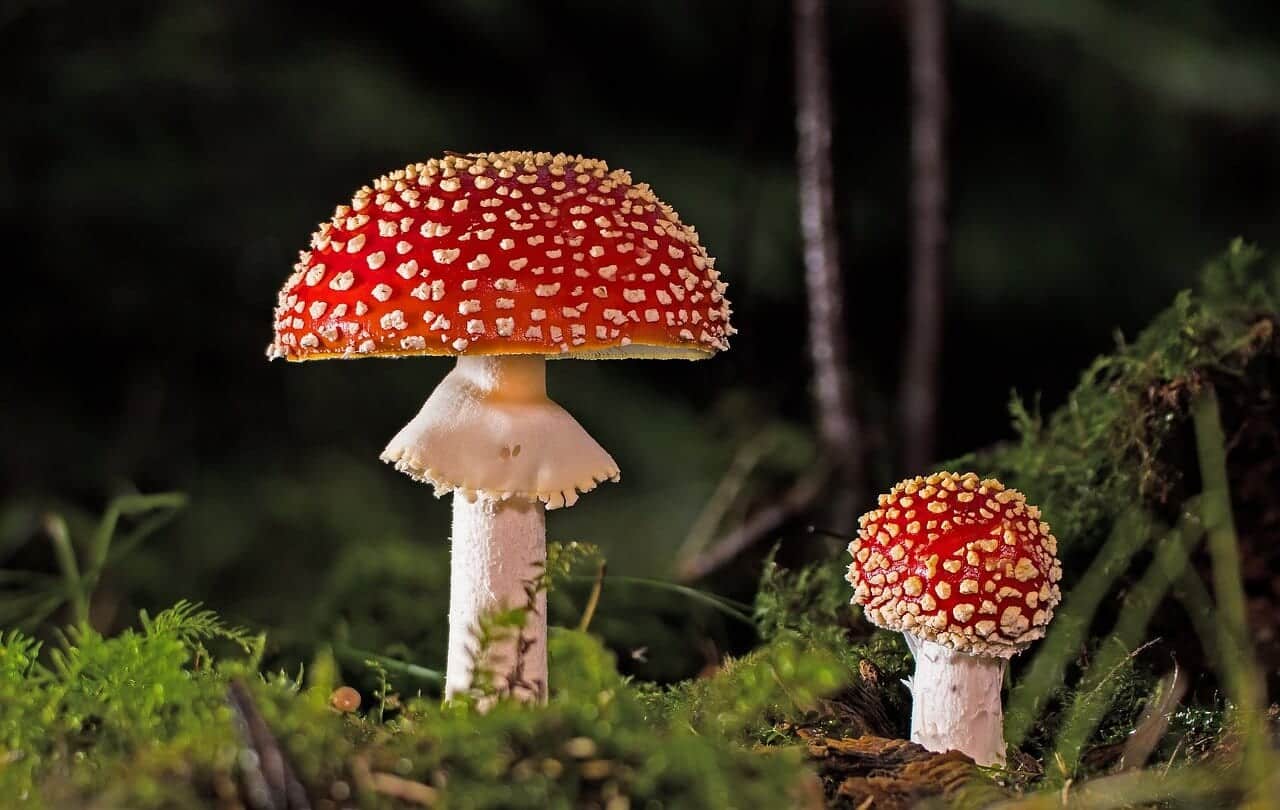Toxic food for dogs
More and more owners are starting to cook good meals for their dogs to avoid having to eat industrial food, with sometimes dubious ingredients.
But cooking for your four-legged friend is not always an easy task, especially since dogs should not be put on the same level as humans. In fact, many foods that are good for us are highly toxic for animals, and especially for carnivores.
To avoid harming the health of your companion, here is the complete list of toxic foods for dogs and the dosage at which they are dangerous.
What is a toxic dog food?
Toxic foods, which have a destructive effect on your dog's body, should not be confused with harmful foods, which are simply bad for your pet's health. Toxic foods contain substances that cause damage to the animal's body, ranging from irritation of the digestive system to cell destruction.
Harmful foods, on the other hand, are not well adapted to your pet's body and may harm its health in the long term. This is the case, for example, of foods that are too fatty, too salty, too sweet, but also of diets that are too low in protein or too rich in cereals or fiber.
If toxic foods are to be absolutely banned so as not to put your dog's days in danger, harmful foods must be avoided as much as possible, but some are not to be completely banned. However, they should not be taken lightly, because their regular consumption can have real harmful effects on the body and health of your faithful companion.
Liver, raw fish or cheese can be given sparingly, i.e. less than once a week and in reasonable portions. Milk, on the other hand, should be avoided because, although it is not toxic, it can cause severe discomfort to your dog.
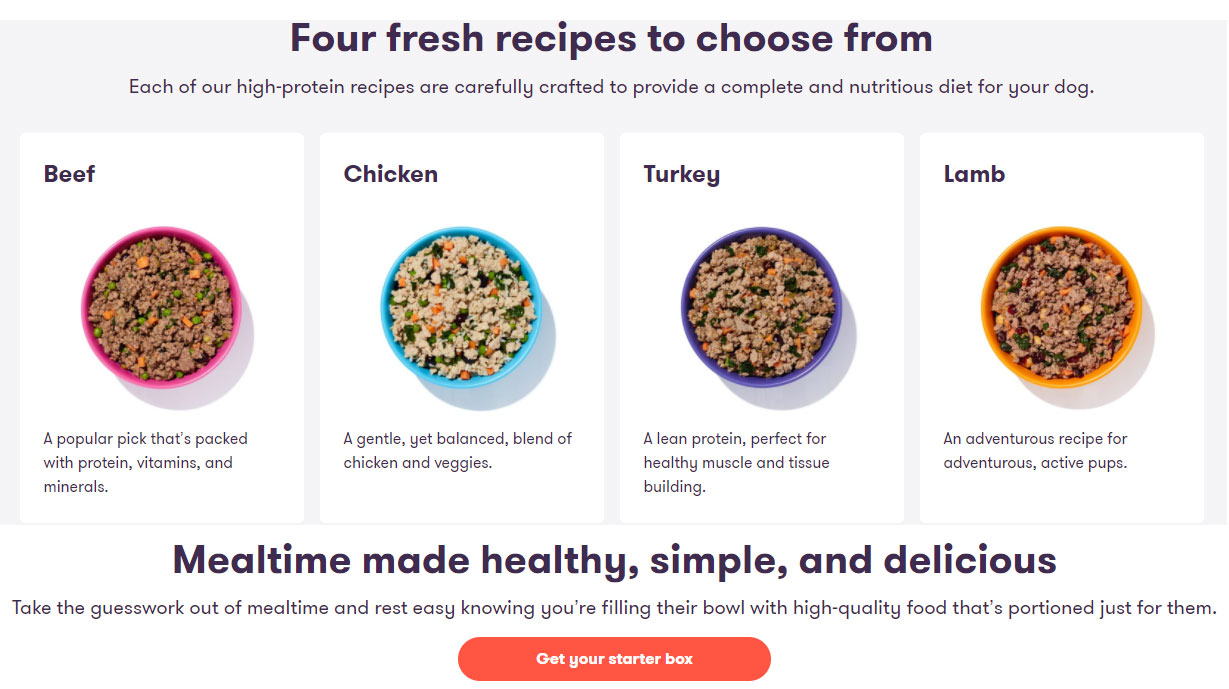
What foods are toxic to dogs?
Chocolate, Cocoa: this delicious food is fatally toxic for dogs because of its theobromine content, a substance that quickly passes into the animal's bloodstream and causes digestive and then cardiovascular problems. It takes only 15 grams of dark chocolate per kilo of body weight to cause a dog's death in 4 to 5 hours.
Onion, Garlic: beware of all the grandmotherly recipes you can find on the web that claim garlic is a miracle cure for fleas and other dog parasites! Although garlic is said to have vague repellent properties, no scientific study to date has demonstrated its effectiveness as a preventive or curative anti-parasite treatment. On the other hand, it has been proven that garlic, like onions, contains N-propyldisulfide, a compound that damages the dog's red blood cells and causes vomiting, anemia, tachycardia and even death. Onions and garlic are dangerous to healthy dogs at 5 grams per kilogram of body weight and can poison a weakened dog at lower doses.
Avocado: rich in persin, a fatty acid, avocado attacks the dog's pancreas and causes digestive, respiratory and cardiovascular problems. No toxic dosage has been determined to date, but the highly toxic nature of this food should encourage you to keep it out of your pet's bowl even in very small quantities!
Grapes: whether fresh or dried, grapes can cause serious digestive and kidney problems in dogs, sometimes leading to death. The toxic principle is not known, but it is known that a single bunch of grapes can cause the death of a 10kg dog, when only 6 grapes per kilo of body weight can be lethal.
Macadamia nuts: they are found everywhere in cookies, ice cream, cakes or industrial chocolate bars, and yet they are real poisons for our dog friends. Macadamia nuts contain a toxin that causes digestive, bone and nervous disorders as soon as 2.4 grams per kilo of body mass are ingested.
Raw potato: containing calcium oxalate, raw potatoes can damage the urinary systems of our four-legged friends. Cooked, on the other hand, it is safe and even recommended, as it is rich in nutrients and ideal for replacing cereals.
Salt: Enemy number one of the kidneys, salt in large quantities is toxic for dogs and can cause convulsions, paralysis, comas or cardiovascular problems.
Coffee: Coffee increases the heart rate, causes palpitations and can cause a heart attack in dogs. Caffeine contains theobromine and theophylline, and only 140 mg per kilo of body weight is enough to kill the animal - one coffee bean contains 10 mg to 20 mg of caffeine. Beware, caffeine is found in many soft drinks, as well as in tea: these drinks are also to be avoided completely!
Xylitol: the name of this ingredient may not mean anything to you, but it is likely that you will find it everywhere when reading the composition of your cough syrups, vitamins, chewing gums, candy bars... Indeed, it is a sweetener that replaces sugar in some "light" products or medicines. Xylitol is very quickly assimilated by the body of dogs, and then causes an overproduction of insulin which decreases the sugar level in their blood. This leads to hypoglycemia resulting in vomiting, weakness and convulsions, sometimes leading to the violent death of the animal. A dose of 0.075 to 0.1 gram of Xylitol per kilo is enough to cause a hypoglycemic attack in dogs.
Hops: containing resins, essential oils, tannins and nitrogenous compounds, hops can trigger oxidative phosphorylation in dogs. Behind this barbaric name hides a chemical reaction that causes the dog's metabolism to go into overdrive and the dog quickly becomes hyperthermic and tachycardic. Hop poisoning is a veterinary emergency and unfortunately often results in the death of the animal.
Alcohol: Unlike humans, dogs are not able to eliminate alcohol from their blood and a few sips can cause irreversible brain and heart damage.
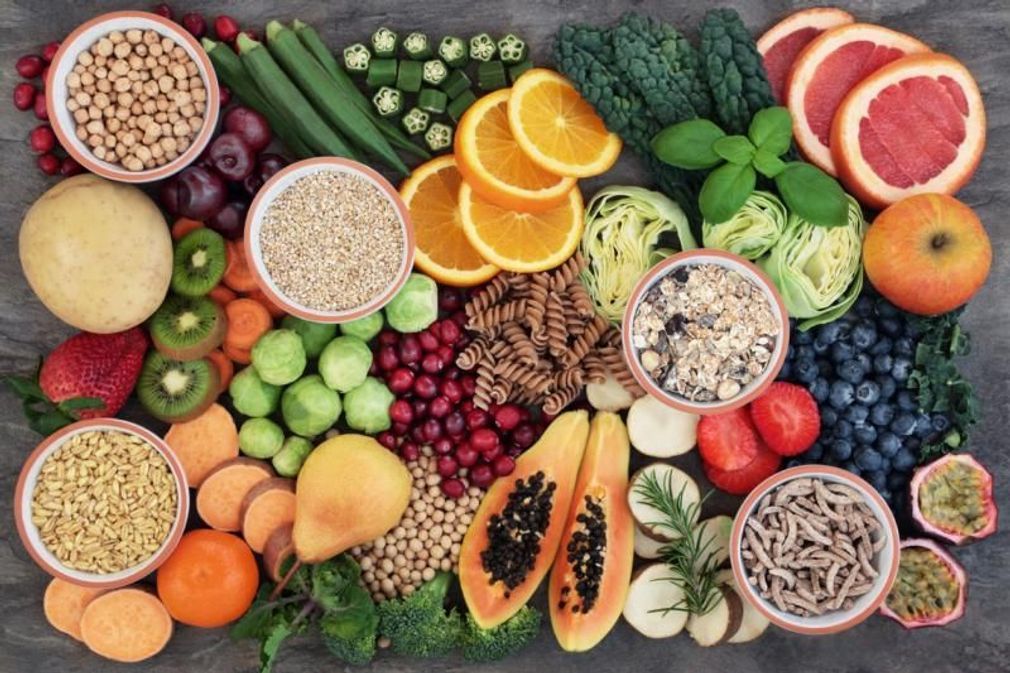
Harmful foods for dogs
Tuna: canned tuna is not toxic in itself, it's more the salt used to pack it that can damage your dog's kidneys and cause heart problems.
Liver: Most dogs love offal, especially poultry, cattle and even fish liver. Unfortunately, eating too much liver can cause vitamin A poisoning, which can lead to long-term bone and muscle damage. Distributed reasonably, however, liver is not toxic: 30 grams of raw liver or 10 grams of dried liver are enough to meet the daily vitamin A requirements of a dog weighing 15-20 kg.
Raw Fish: Raw fish can be fed to the dog occasionally - less than once a week. If consumed too regularly, it can lead to vitamin B deficiency, which can result in anorexia, weight loss and, in severe cases, death.
Milk: Many owners have heard that milk is toxic to dogs and cats, but lactose is not actually toxic. This substance is not well tolerated by the dog's body and can cause digestive problems because our four-legged friends do not have the necessary enzymes to digest it properly. It is therefore a food to be avoided entirely in order to prevent your dog from suffering any discomfort.
Cheese: rich in fat, cheese can cause a fatal inflammation of the pancreas in dogs. However, it is a food that can be given as a treat in small portions and very occasionally if your dog has a healthy diet on the side.
Ham, fatty meats: like cheese, fatty meats are not toxic, but they attack your dog's pancreas when eaten regularly or in large quantities. Moreover, rich in salt, they can encourage your dog to drink a lot, which favors stomach twisting.
Sugar: Sugar is just as harmful to dogs as it is to humans, causing obesity, diabetes, and dental problems.
Raw bread dough: The yeast used to make bread dough can swell in your dog's stomach and cause bloating, bleeding and breathing difficulties. In addition, the ferments may create alcohol, which is toxic to your dog.
Cat food: too high in fat and protein for dogs, cat food and kibble can cause pancreatic damage and should be avoided.
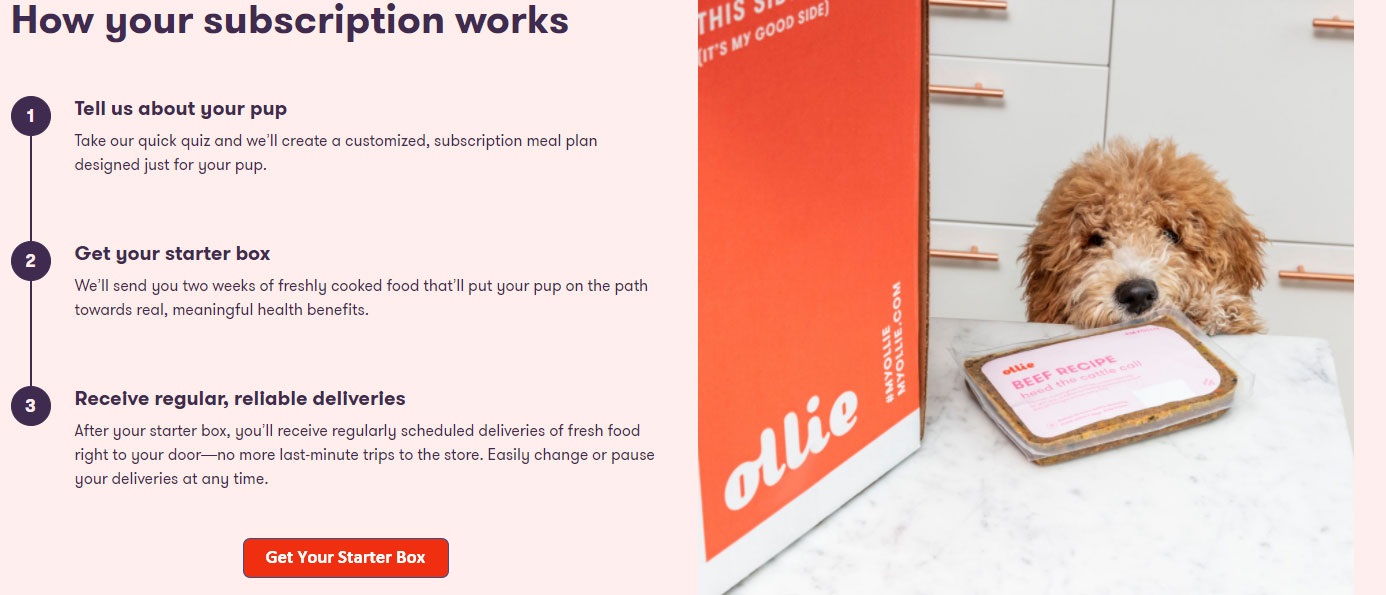
FAQ
What is the difference between harmful and toxic foods for my dog?
Poisonous foods contain substances that can poison your pet, i.e. damage the proper functioning of its body. Harmful foods, on the other hand, are not real poisons, but they can be harmful to a dog's health when eaten regularly or in large quantities. Toxic foods should be avoided at all costs, while harmful foods can be safely consumed in small quantities and very occasionally.
How can I detect food poisoning in my dog?
Symptoms of food poisoning vary depending on the food and the health of the dog. Digestive problems are often observed, but not systematic, and unexplained nervous, cardiac and respiratory problems should also alert you.
What should I do if my dog has eaten a toxic food?
First of all, keep calm: is the food your dog swallowed really toxic or just harmful? If it is indeed a toxic food, how much of it did you eat? Write down any information you have and contact a poison control center (e.g., Capae West) or your veterinarian for further advice. Be careful, if your dog has ingested a lethal dose of toxic food, you must act as quickly as possible so as not to darken his vital prognosis.
How can I prevent my dog from ingesting toxic foods?
First of all, always keep your food out of your pet's reach, especially food that you know is toxic or harmful to him. Secondly, always be very vigilant if you are in the habit of giving your dog the leftovers of your meals: make sure that your plates or those of your guests are free of grapes, garlic, chocolate or any other poison for dogs.
Finally, if you decide to make dog food for your dog, stick to recipes developed by dog health professionals and don't try to add new foods that you don't know will affect a dog's body. Now you're a little more informed about what foods are toxic and harmful to our four-legged friends.
If you have a dog that is a bit of a glutton - Beagles will recognize themselves in this description - or a young puppy that discovers his environment by tasting everything that falls under his paw, I advise you to lock up your toxic foods. Unfortunately, poisoning is a common cause of death in dogs, as our faithful companions often have an ogre's appetite and do not hesitate to nibble everything they find...
Also, many owners have their share of responsibility in cases of domestic poisoning, because they are not always aware of the danger that certain foods represent for their dogs and distribute them without taking care.
